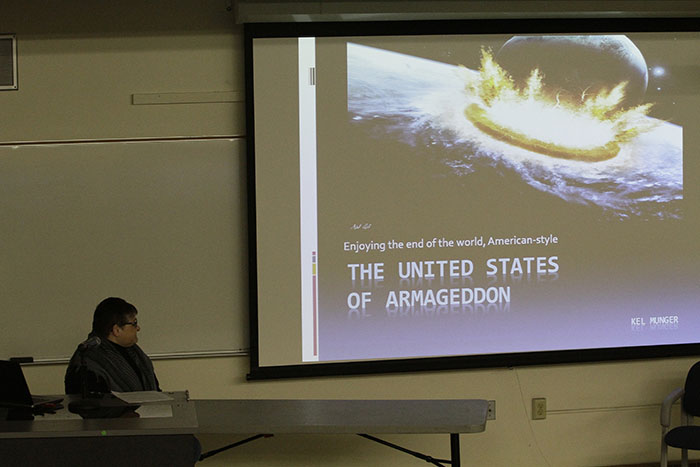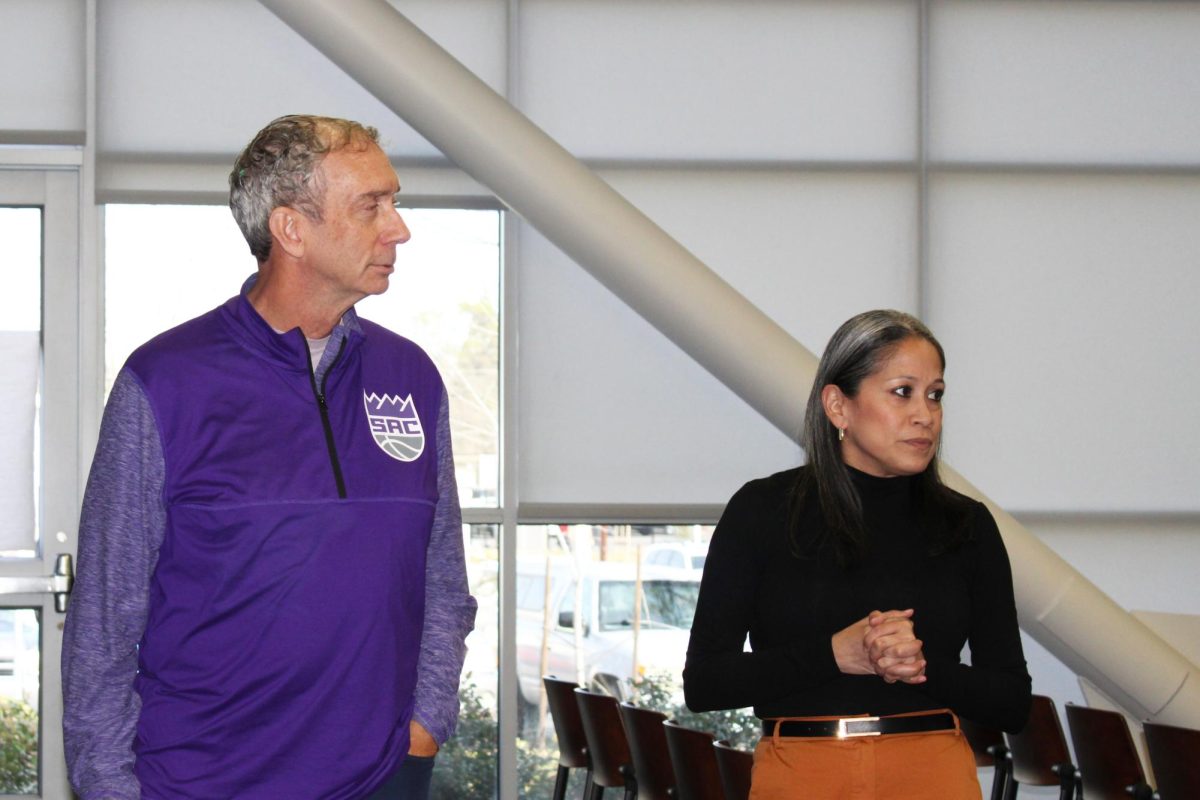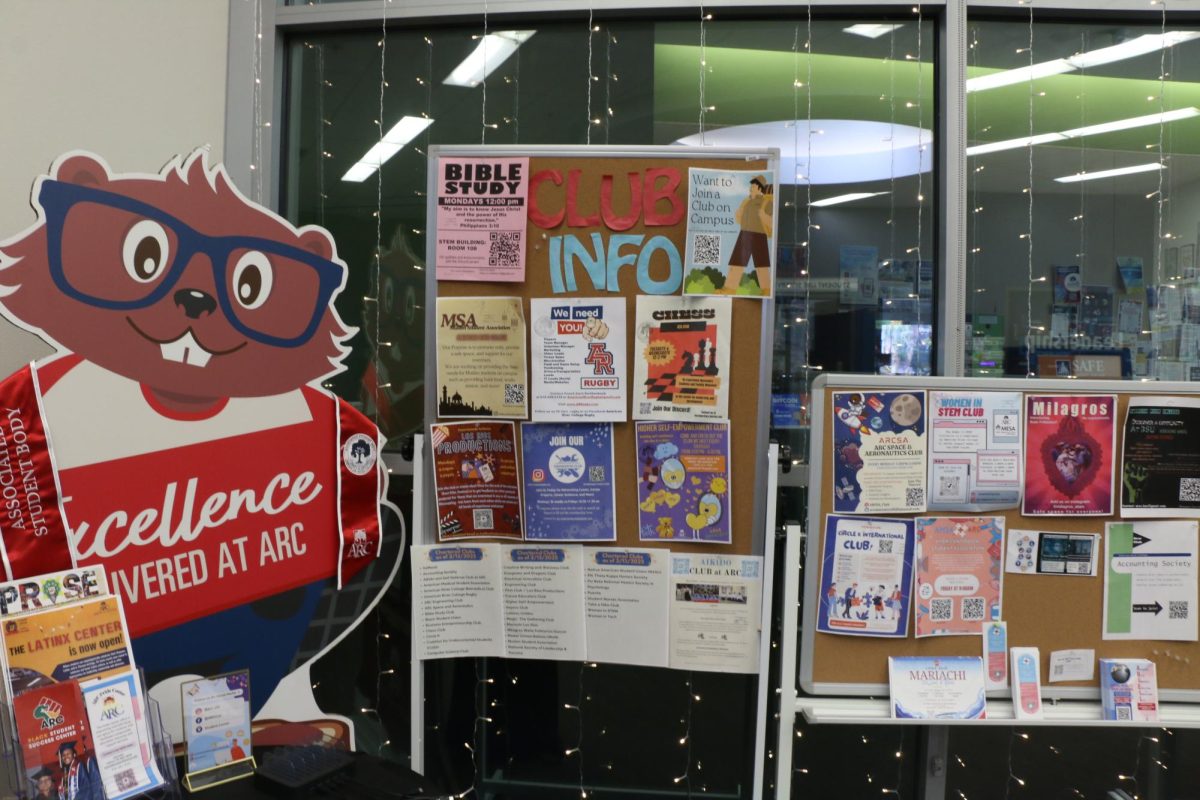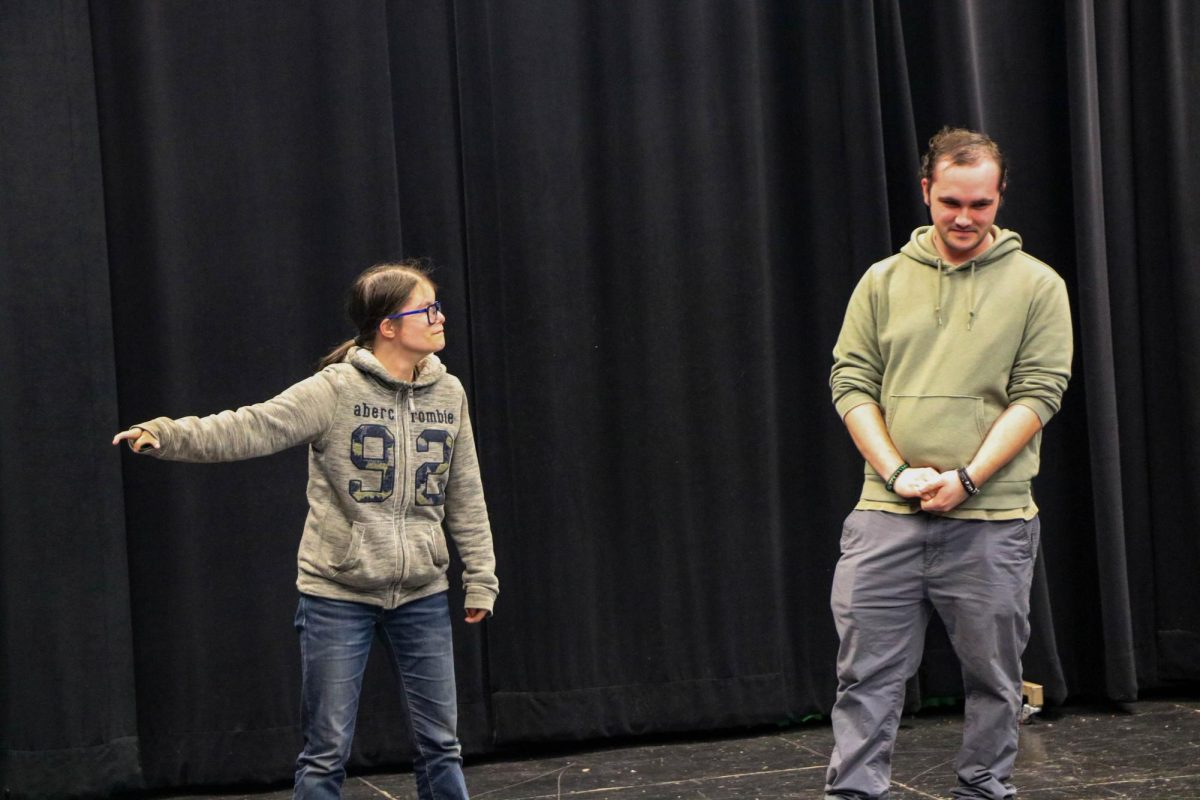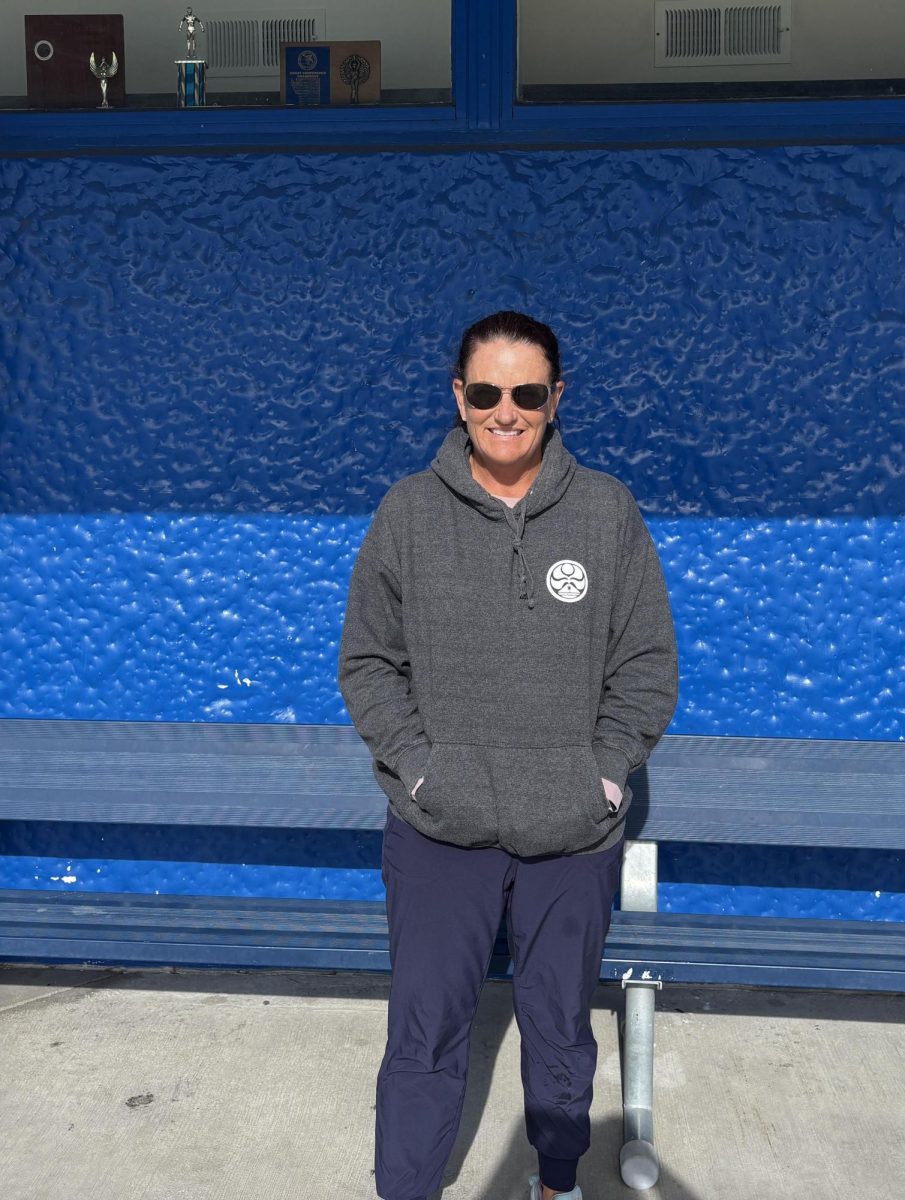“It’s the end of the world as we know it,” sang American River College journalism professor Kel Munger, quoting the R.E.M song during the opening of her lecture on Nov. 6.
Munger presented an hour-long lecture on the end of the world and why Americans are so obsessed with it.
Munger said she hopes attendees come away from the lecture with a different idea on what the apocalypse is.
“It makes them think about the apocalypse in a different way, seriously to think of it in terms of a unveiling and an ending and a beginning and change as opposed to something that is going to destroy the world,” Munger said.
Some students attended the college hour for extra credit, one such attendee was Samuel Johnson.
“I thought it was really cool s—,” Johnson said.
According to Munger, America is so fascinated with the apocalypse that the Center for Disease Control and Prevention is using the threat of zombies to teach disaster preparedness.
During the lecture, Munger described various cultures who have theorized the end of the world, such as the ancient Norse end of time Ragnarock, and the “people of the book,” referring to Judaism Christianity and Islamic beliefs.
Munger went on to explain how some people believe the end of the world is happening right now.
While it is not written in the Qur’an, some Muslims believe that the 12th and final Mahdi will bring about the end of the world, and the leader of the terrorist group known as ISIS (Islamic State of Iraq and Syria) is thought by some to be just that final Mahdi.
Most Americans have envisioned the world ending in war, violence and disorder.
However, the origins of the word apocalypse comes from an ancient Greek word that translates to “lifting of the veil or revelation”.
Munger also talked about how she is currently writing a book that details everything she has found about the end of the world, ranging from interviews with those who have strong beliefs about the end of the world to her own real world experiences.
“I think that the people who were interested in coming might not want to hear what I had to say, I’m not dissapointed at all. I think that it gave me an opportunity (to) practice delivering (the speech) to people and get some feedback,” said Munger.
ARC’s next college hour will be on Nov. 20, and will discuss diabetes in America.


